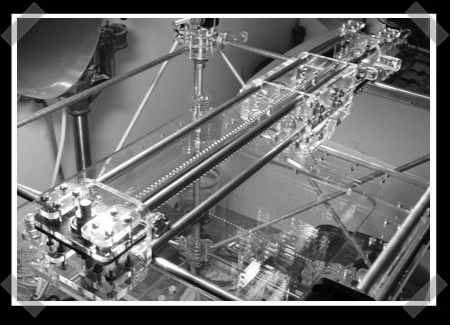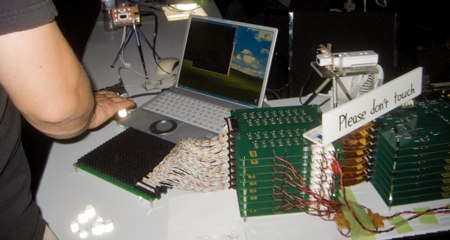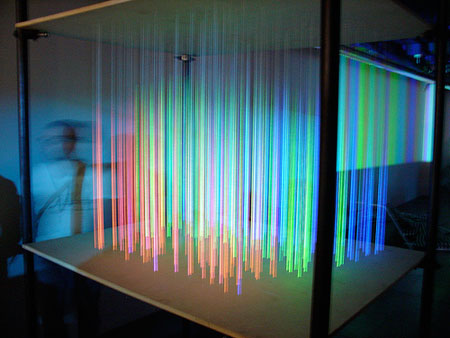
Mcor Technologies recently launched a brand new rapid prototyping machine. The Mcor Matrix forgoes the standard of expensive and rare build materials by using A4 office paper. The machine selectively deposits glue on the sheet of paper: more glue on the cross-section, less on the waste. It then uses a blade to cut out the part profile. The vertical resolution is determined by the paper thickness. You can use either 20lb paper, which has a thickness of .1mm, or 40lb, which is twice as thick, so it will build twice as fast. The final part can be sanded and painted like wood. The idea is similar to LOM, but those machines require specialized paper. It’s nice to see a company intentionally target a low cost of ownership. If they had used a laser though, you’d only have to worry about sourcing the glue. Machine and material prices have yet to be announced.
[via Fabbaloo]















